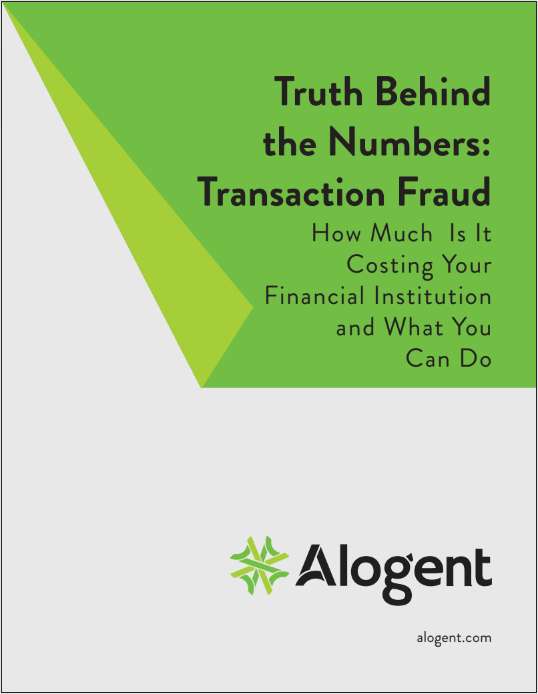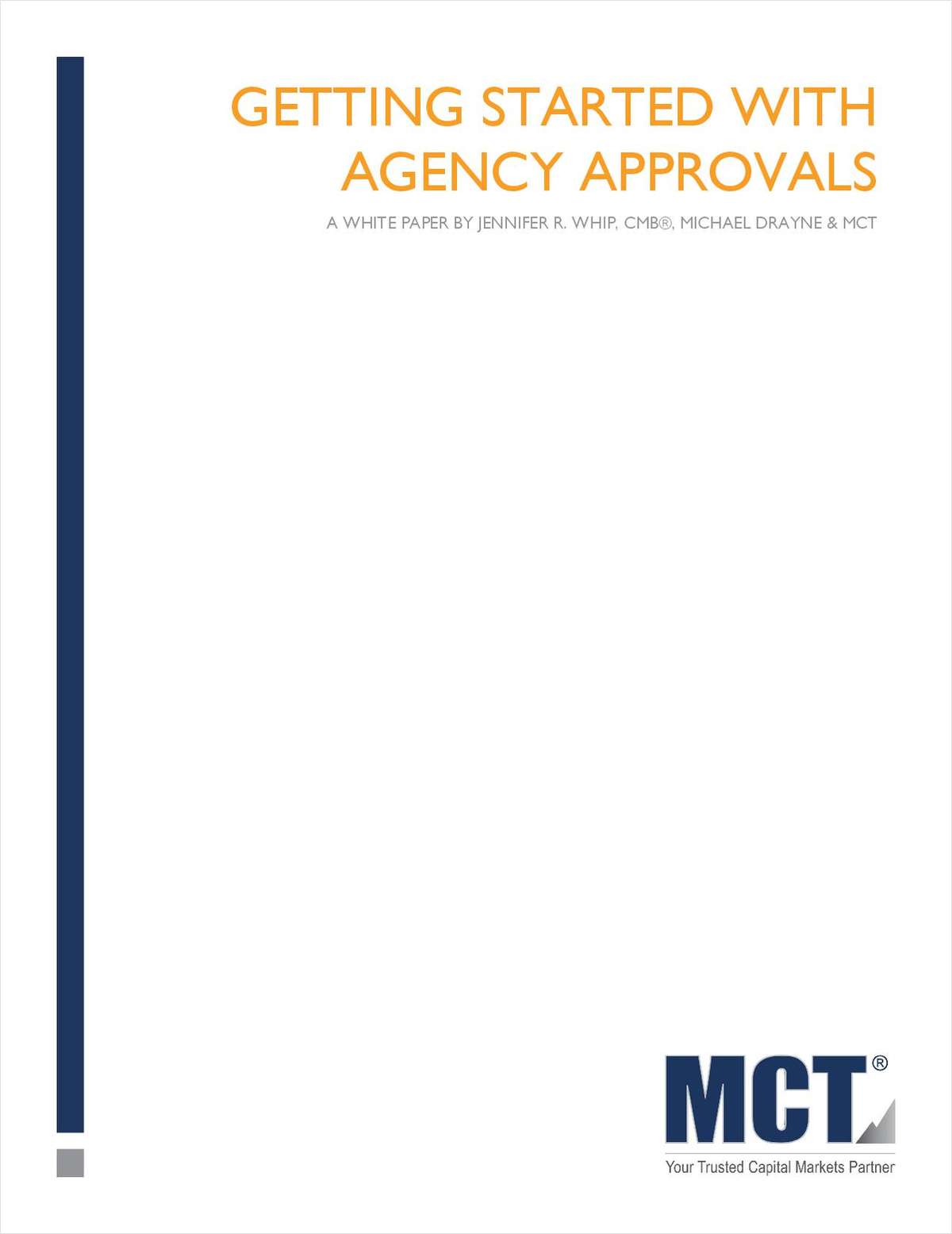At the conclusion of their respective comment periods, both theFinancial Standards Accounting Board and the InternationalAccounting Standards Board will engage in additional discussionsand deliberations before releasing final new credit loss accounting standards, said Robert Stewart, vicepresident of communications for the Financial AccountingFoundation.
|The foundation is the parent organization for FASB. Stewart alsosaid the FASB will review and consider all comment letters on thesubject, which includes several from credit unions, industry tradeorganizations and vendors.
|While the comment letters support some of the proposed changes,the credit union commenters were united in opposition to the FASB'sproposal to require allowances for loan and lease losses to bebased upon a single expected loss model that includes all estimatedlosses for the life of each loan, and would require losses to berecognized before they are actually incurred.
|The proposal differs from current accounting standards that baseALLL on historical loss data and requires a loss to be incurredbefore it is recognized.
|Stewart said both the FASB and the IASB will attempt to convergetheir differing proposals before issuing final standards. The IASBproposal differs from FASB's in that the IASB model would recordjust 12 months' worth of expected credit losses until significantcredit deterioration has occurred, at which point the full lossestimate would be recognized.
|Credit unions contributed a sizeable percentage of comment letters, but represent a muchsmaller percentage of entities that would be affected by the rule.Stewart said the standard setting body considers credit unions tobe “important constituents,” but the FASB must also take intoconsideration feedback from others affected by the standard, aswell as input from regulators.
|Both NAFCU and CUNA oppose the exposure draft. In her letter,NAFCU Regulatory Affairs Counsel Angela Meyster pointed out to FASBthat unlike for-profit entities, the primary reader of creditunions' financial statements is the NCUA, not individual orinstitutional investors.
|“As such, standards geared toward publicly held entities areoften inapplicable or extremely difficult and costly to apply tocredit unions,” Meyster said. She added that for credit unions, thecost to conform to the standard would far outweigh any benefit.
|CUNA President/CEO Bill Cheney called the proposal “the mostcritical regulatory concern credit unions have faced in quite sometime, including rules or proposals that have been issued under theDodd-Frank Wall Street Reform and Consumer Protection Act.”
|Industry experts have estimated that if implemented as currently proposed, theaccounting standard could double or triple the amount credit unionscurrently allocate for loan losses. For some, the change could havea dramatic impact on income and net worth.
Complete your profile to continue reading and get FREE access to CUTimes.com, part of your ALM digital membership.
Your access to unlimited CUTimes.com content isn’t changing.
Once you are an ALM digital member, you’ll receive:
- Critical CUTimes.com information including comprehensive product and service provider listings via the Marketplace Directory, CU Careers, resources from industry leaders, webcasts, and breaking news, analysis and more with our informative Newsletters.
- Exclusive discounts on ALM and CU Times events.
- Access to other award-winning ALM websites including Law.com and GlobeSt.com.
Already have an account? Sign In
© 2024 ALM Global, LLC, All Rights Reserved. Request academic re-use from www.copyright.com. All other uses, submit a request to [email protected]. For more information visit Asset & Logo Licensing.









